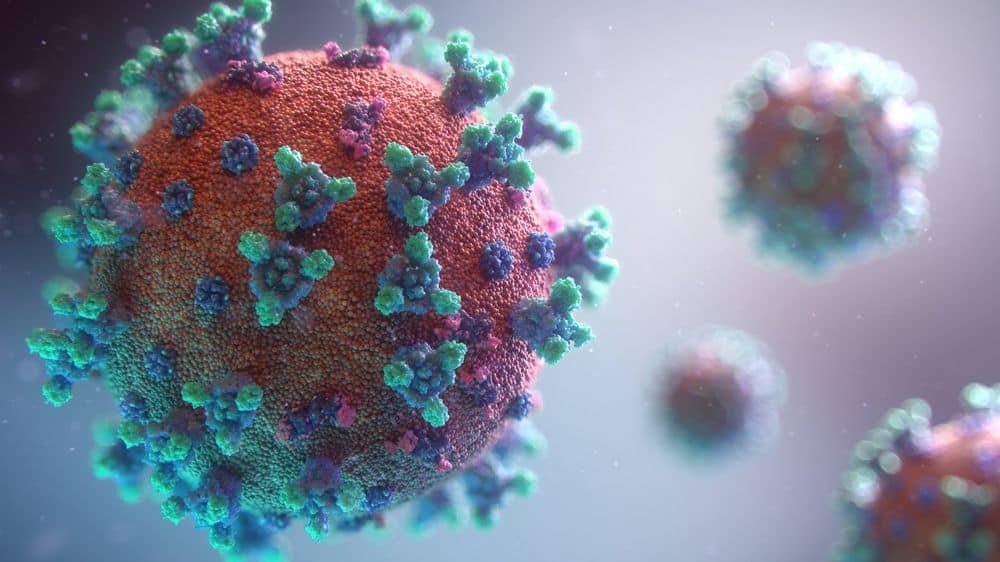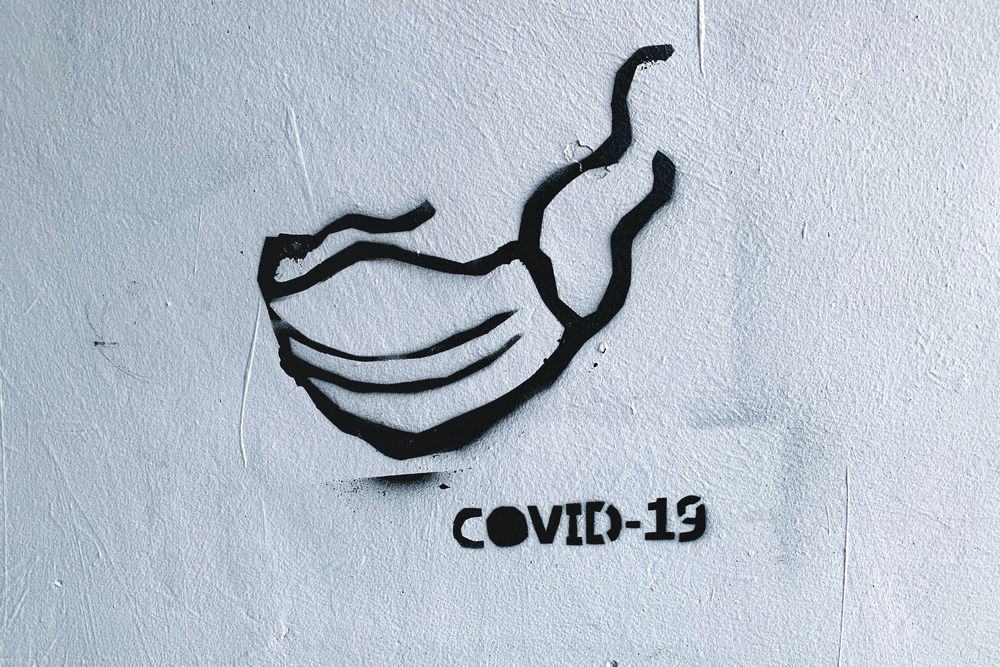
There has been so much conflicting information from different sources when it comes to Covid-19.
And often, even conflicting information from the same source. They say one thing one day, then say the exact opposite a few weeks later.
The bottom line is that no one seems to know much of anything, with any degree of certainty.
So what do we know about the coronavirus and our pets?
Can chinchillas get Covid-19? And can they pass it to us?
As you might expect, there is conflicting information on this topic, too.
But we’ve sifted through it all and will give you an overview of what we do know, and how likely it is that your chin might catch covid-19 and infect you. Or vice-versa.
Contents
Can Chinchillas Get Covid-19?
Chinchillas can suffer from upper respiratory tract infections, with symptoms like sneezing, runny nose, wheezing, appetite loss, rapid or shallow breathing, etc.
Most of these symptoms are similar to those caused by Covid-19 making it natural to wonder if these rodents can catch the corona virus.
As of today, there hasn’t been a single documented case of a chinchilla getting sick due to the Covid-19 virus. But this is not a black and white issue. There are many grey areas when it comes to answering the question “Can chinchillas get Covid-19?”

To add to the confusion, there are also some conflicting reports and studies.
One group of researchers has identified the Covid-19 virus in almost 29 different species of animals, including species closely related to the chinchilla, like rabbits, minks, hamsters, ferrets, and other rodents.
Covid-19 has also been studied in the lab in certain mice species. And many of these species are quite similar to chinchillas. This suggests chins are probably not be 100% immune to the Covid-19 virus.
On the other hand, specialist veterinary advisers like Dr. Richard Saunders believe that rodents and rabbits are immune to Covid-19, because they do not have the enzyme covering their cells that allows the SARS COV2 virus (the virus responsible for COVID 19) to enter.
In short: we need more research to tell us for sure whether chinchillas can get sick with Covid-19. We also need more studies to ascertain for a fact that rodents, mice, and other mammals similar to chinchillas can get Covid-19. Here are some things we know for sure.
Covid-19 Is Rare In Mice And Other Rodents
Covid-19 is rare in mice and other rodents, because they lack the pathways that viruses like coronaviruses use to enter hosts’ bodies.
The SARS-COV2 virus that causes Covid-19 requires a special enzyme (ACE2) on the surface of organ cells in order to enter them. In humans, the cells of organs such as the kidneys, heart, lungs, and arteries all have this enzyme.
Once the SARS COV2 enters these cells with the help of that enzyme, it reprograms and converts the cell into a virus-producing ‘factory’. The ‘factory’ then churns out even more viral particles.
Later, the weakened cells die, releasing the virus particles to go out and attach to other cells and infect them.
Mice and other rodents don’t get Covid-19 because the enzyme ACE2 is distinctly different than in humans. This difference in enzymes is so significant that the viral cells are unable to use it to enter the rodent’s cells.
Researchers Have Infected Rabbits And Mice With Covid-19 In Labs

Research conducted on lab rats and rabbits has shown that these mammals could get infected with SARs COV2, and that they are even able to produce enough viral load to infect humans.
Although none of the tested animals got sick or developed the symptoms of Covid-19, swabs taken from their nose, anus, eyes, and other areas showed the presence of the virus.
Tests further showed that the virus appeared in the animal’s throats two days post-inoculation, but later died out completely, so that the animals tested negative for the virus on the seventh day after inoculation.
The study shows that under in-vitro conditions, rabbits, mice, and other similar rodents have shown the presence of Covid-19 microbes in their nose and throat and could infect humans, despite not showing any symptoms themselves.
From this study, we can conclude that mammals like rabbits, mice, and chinchillas are not entirely immune to Covid-19 and other coronaviruses.
Can Humans Get Covid From Chinchillas And Vice-Versa?
SARS COV2 and other coronaviruses are zoonotic viruses, meaning they could spread from animals to humans and vice-versa. The good news is that according to the CDC, this risk is extremely low.
But it is not zero.
Let’s take the case of the spread of the disease seen in the latter half of 2020 at a mink farm in Denmark. The farm had to cull nearly 17 million farmed minks, because the animals had developed severe respiratory symptoms, which upon testing, confirmed the novel Covid-19 virus.

Furthermore, they detected that the virus was circulating between the farmers and animals. Mutated viruses from the minks were being passed back to the farmer. Furthermore, tests showed that many asymptomatic minks were also carriers of the SARS-COV2 virus.
This case demonstrates that animals and humans can transmit Covid-19 to each other. The mink farm case confirms that it is possible to spread the infection to our chinchillas, or to get it from them.
We will never know how large the risk of this is for sure, until further research tells us more. In the meantime, it is best to follow the CDC’s directives and best practices laid down for pet owners to follow during the pandemic.
We can also take hope from the fact that the CDC states that the risk of pets getting seriously infected with the virus that causes Covid-19 is extremely rare.
What to Do If Your Chinchilla Is Sick?
Chinchillas that are sick with the Covid-19 virus could develop symptoms like fever, sneezing, eye discharge, lethargy, and shortness of breath.
- Depending on the symptoms, your vet might recommend isolating your chinchilla.
- Protect yourself when caring for your sick pet. Wash your hands frequently and wear a mask at all times.
- Monitor your chinchilla’s symptoms. If they worsen, call your vet.
- Once your pet has stopped showing symptoms, you should get it tested again and resume normal activities only once the test results come back negative.
If you are yourself sick with the Covid-19 virus and need to take your sick chinchilla to the vet, please have someone else, who is not infected, do it for you.
Chinchillas Getting Covid-19: Final Thoughts
As mentioned in the introduction, there is a lot of uncertainty surrounding the coronavirus. And how likely it is to infect our pets, and for them, in turn to infect us, is one of the many areas that still needs a lot more study.
But we do know a few things. It is possible for rodents like chinchillas to get Covid-19. But it is rare. And if they do get it, they usually won’t show any symptoms.
A chinchilla carrying a disease like Covid-19 can infect us. So you definitely want to take all necessary precautions if you suspect your pet is infected. And if you have the virus, you should take care to keep your pet safe as well. We cover some basic precautions in our article on whether chinchillas can catch human colds.
Leave a Reply